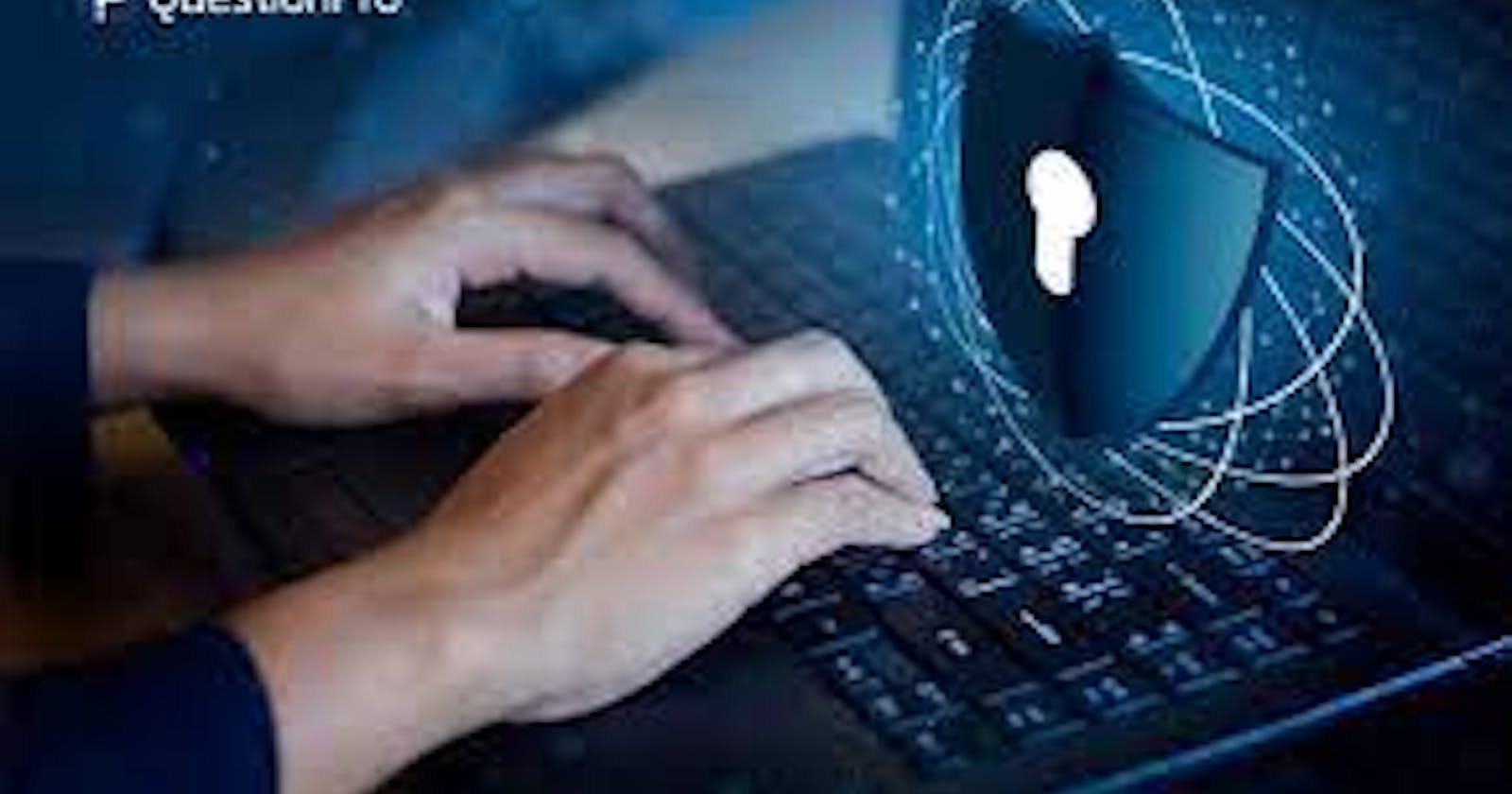Top 5 ways to keep yourself and device safe on the Internet
There's a lot more you can always do, but this 5 tips will help you get on your merry way ;)
Like the saying goes, - > 'The only way to stay absolutely safe online is not to be online' - Unknown. However you don't have to lose the luxuries the internet and the connected world offers just so you can sleep in peace. Here are five easy things you could do to ensure no one is easily snooping around in your private space.
Use strong Unique Passwords: The benefits of a good password cannot be over-emphasized, creating passwords that cannot be easily associated with you is a good way to start, so that means names, birthdays or addresses are a bad example and don't even think of "password" or "password123" any child with malicious intent and a keyboard would be licking their lips. Instead, use a combo of letters, numbers and even special characters to create a good password for your online accounts. Use a Password Manager if you're not up for the work.
Log out of Services: This seems like a no brainer but you'd be surprised at the number of people who just leave tabs of information and services they are logged into open, especially in Cyber/Internet cafes and even on devices of total strangers. You might think you have nothing to hide on the site where you've visited but you just granted some green eyed cyber criminal his/her first tools in serving you pain in the future.
Beware of those Phishing lines: You've been looking for a particular product online, you can't seem to find it anywhere though, then suddenly one day while surfing the world wide web, a pop-up appears and alas it's something close to the product you've been looking for all you have to do now is click "HERE" and your dreams will come true. It's necessary to emphasize that you should inspect every link and pop-up meticulously before clicking on them, conspicuously misspelled words/names and flashy pop-ups are usually things you should stay away from no matter how enticing winning an iPhone 13 Pro Max is.
Use antivirus/anti-malware apps: Windows Defender on Windows PCs will mostly suffice for the average internet user. But you're anything but average eh;) you like to meddle with things better left alone, so installing a good antivirus program to run on top of Windows Defender is a best practice for my non-average internet users.
Keep your Software up to date: This may seem like an inconsequential thing and can be easily overlooked but it's important to keep your programs and software up to date as patches for known and new security threats are always released with new updates.
None of these things mentioned will keep you safe if you go ahead and hand your sensitive device to a stranger, so as you protect yourself online, make sure to protect yourself and your devices offline as well and you should live happily ever after.
